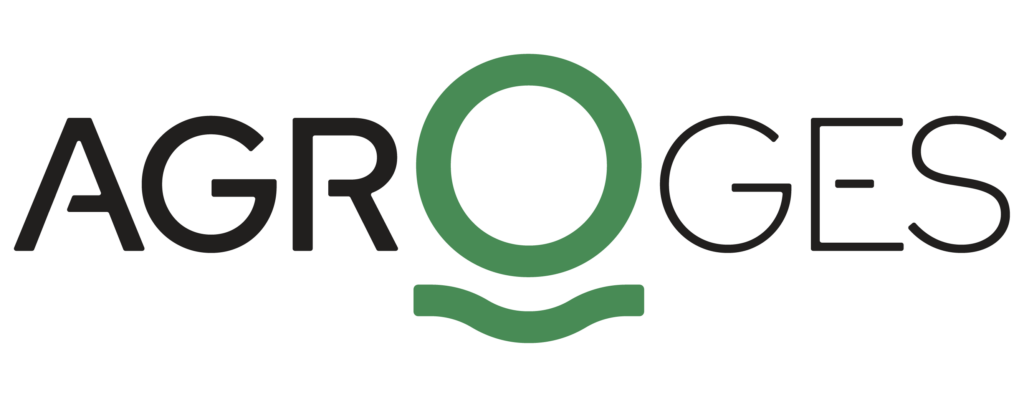Low Carbon National Roadmap – Mapping of carbon emission trajectories for agriculture, forestry and soil use in Portugal (2010-2050)
Client: Executive Committee of the Climate Change Commission (CECAC)/MAMAOT
Date: 2012
Summary: AGRO.GES was responsible for the mapping of carbon emission trajectories for agricultural, forestry and soil use in Portugal for the years of 2020, 2030, 2040 and 2050. The projections were supported by greenhouse gas (GG) emission and sink calculations associated with the evolution and future management of the occupation and use of agricultural and forest soil and the effects on livestock in Portugal.
Link: http://www.apambiente.pt/index.php?ref=16&subref=81&sub2ref=117&sub3ref=301
Sectoral Strategy for Adaptation to Climate Change Impact Related to Hydric Resources – Agriculture and Forestry
Client: Water Institute (INAG)
Date: 2010
Summary: AGRO.GES was responsible for the chapter on Agriculture and Forests, of the Sectoral Strategy for Adaptation to Climate Change Impact Related to Hydric Resources (SSACH– HR). The representativeness of the present occupation and soil use systems was analysed, as was their respective geographic distribution, the impact of climate change mediated by water on agriculture and forests, the different types of future adaptive measures and a framework for the different types of adaptive measures proposed in the context of public support policies post-2013.
TRACE – Integrated System of Traceability and Economic and Environmental Management for Agro-Industry
Client: Consórcio Maltibérica, FZ Agrogestão and AGRO.GES, co-financed by FEDER
Date: 2010
Summary: The main goal of the TRACE project (Lisbon -01-0202-FEDER-005299) was to develop an integrated information system that would allow Maltibérica to: guarantee malt quality and economically and environmentally assess the productive process of the “malt seed”. AGRO-GES performed a comparative economic and environmental analysis of alternative production technologies for brewing barley based on a multicriterion decision matrix.
Link: https://agroges.pt/Sustentabilidade_Compete.asp
Analysis of the Carbon Intensity of the 1st Generation Bioethanol Lifecycle: The case of ETHAGAL – Biocombustíveis de Portugal
Client: SAPEC, THANDA VANTU and AGRO.GES
Consortium
Date: 2008
Summary: Study conducted with a local focus on the reality of biofuel production under the specific conditions of the ETHAGAL – Biocombustíveis de Portugal project. AGRO.GES determined and presented the base assumptions, the analytical methodologies and the data used in the analysis of the project’s carbon intensity as well as the main results concerning the respective greenhouse gas emissions.
